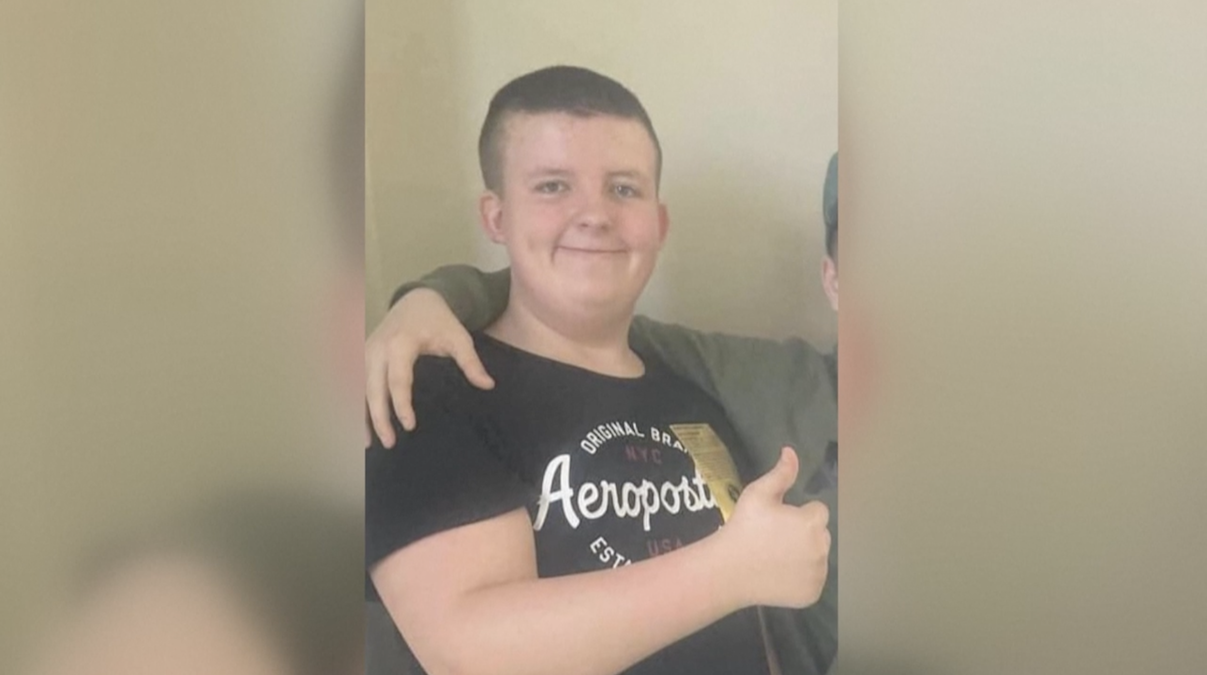If your child is distracted easily or lose their place when they’re reading, you might be quick to get an ADHD diagnosis. Dr. Bryce Appelbaum, a neuro-optometrist, says that it might be vision issues instead. News4’s Joseph Olmo talks to Appelbaum about how ADHD-like symptoms are similar to problems with vision.
If a teacher says that a child is struggling to pay attention in class, the quick conclusion might be to get them tested for ADHD.
A Bethesda-based neuro-optometrist says it might be something else: vision problems.
Margaret Barry and her daughter Sasha started looking for solutions after Sasha wasn’t progressing in school like she should.
‘We actually hired a math tutor and they worked on the exact same problem for a year,” Barry said.
We've got the news you need to know to start your day. Sign up for the First & 4Most morning newsletter — delivered to your inbox daily. Sign up here.
The mom said that her daughter wouldn’t want to read even though she loved being read to. When considering if Sasha had ADHD, she didn’t want to medicate her unless it was necessary.
“All these things that to me, were just personality quirks," Barry said. "They weren’t necessarily related to her eyes. All of a sudden, that lined up, I thought: ‘We should investigate this.’”
Barry and Sasha then traveled from Boston to visit Dr. Bryce Appelbaum, a neuro-optometrist, to try out vision therapy instead.
He explained that ADHD symptoms aren’t exclusive to ADHD.
“ADHD is an incomplete diagnosis, in my opinion, until hidden functional vision problems that cause the exact same symptoms and behaviors are ruled out first,” Appelbaum said.
Sasha was diagnosed with what’s known as “convergence insufficiency” where her eyes weren’t working together.
“If you can’t converge your eyes to see a single clear image as it's approaching you or even within arm's length, how are you supposed to track across the page when you’re reading? Or doing desk work without having a really hard time and rubbing your eyes,” Appelbaum said.
Appelbaum said that signs like losing their place in reading, skipping words and being distracted easily are warning signs that their vision could be preventing them from their potential.
“We’re all told from a young age to keep our eyes on the ball, but we’re never taught how. We’re teaching Sasha how to do that,” Appelbaum said.
Since visiting Appelaum, Sasha has started treatment. Unlike an ADHD medication meant to manage symptoms, vision therapy is meant to permanently fix them.
Barry said that by the end of the first week, it was like night and day with the difference in Sasha’s vision. She was even able to read a text message for the first time.
“She looked at it and she read it out loud and I looked at her and said ‘Did you just read that?!’ and she goes “I did!” Barry said. "She was not able to do that the day before!”
Barry encourages other parents to try out vision therapy as an option before going straight to ADHD medication.
“I want every single parent to know better so that they can do better," Appelbaum said. "And to really question what a doctor is telling them in terms of a treatment option.”



